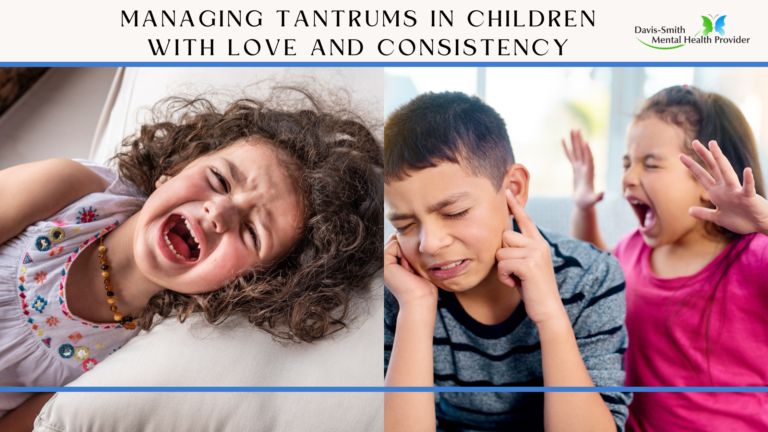
By nature we are all storytellers; we all have memories that we love sharing.
We share the moments that helped define who we are in an attempt to help connect with others. Yet, teens often disregard or don’t fully absorb these conversations, especially if they have heard the story several times. In fact, we all at some point stop listening if we already know the ending. Often, we underestimate how well teens listen and remember these stories. We believe they aren’t paying attention, but they are, and we have just forgotten we have told the same story.
Can we really be upset if we have told them the same story 5 times?
Think about this, how many stories do you remember hearing from your mom or dad? Do you remember almost every detail? You may be laughing as you realize that you can. This isn’t a negative, in some ways it may be a rite of passage for every kid growing up, but there are times parents should refrain from sharing. Below are three instances where you should not decide to go down memory lane.
WHEN YOUR KID IS STRUGGLING
Nothing is worse than hearing someone say how much they were not bothered by the problem you are going through. For example, I had people put me down, but I didn’t let it bother me. You just need to not let it bother you. Another example is to express your own anxiety only to be met with your teen focusing on how it’s not the same as his or hers. I have observed teens tuning out and disengaging from the conversation with their parent(s) because of these reasons. They’ve heard it too many times and feel it does not apply to them.
ALWAYS TELLING MEMORIES OF HOW GREAT HIGH SCHOOL WAS FOR YOU
This may seem like a great tactic to uplift your teen, but it often puts a lot of pressure on your teen to compete (with you). Take steps to learn how to motivate your teen. They want to live up to your lifestyle and make you proud. If their experience isn’t as great as your high school career they may feel as if they are letting you down or as if they are missing out. Everyone’s high school years are different and though you may be tempted to reminisce about the good old days you should try and limit how often you do it.
TALKING ABOUT HOW MUCH HARDER IT WAS FOR YOU GROWING UP
We all are guilty. Yes, I do this with one too, but we should again try to limit how often this occurs and when you decide to bring these memories out. It’s not your son or daughter’s fault that things are easier. Some of it is the progression of society along with the changes you chose to make in your lifestyle relative to your parents. Regardless of the reason, always telling your kid how lucky they are because your parents used to (insert harsh punishment or difficulty) doesn’t help them learn or take more responsibility. In fact, it often makes them more resentful and angry. Also, in some ways it is very difficult for teens to cope with all the stress society puts on them. The best thought I can think of a teen having at this time is “that’s not my fault and you chose to have me.” As parents, the goal is to have your teen appreciate you more, not take things for granted, be more respectful, and more responsible. You can tell them this without bringing up old memories of how much harder it was for you.
ASK YOURSELF THESE QUESTIONS BEFORE GOING DOWN MEMORY LANE
How does this story help my teen?
Have I mentioned this story before?
Can I help them without mentioning myself?
Am I just sharing because I want to share?
If it’s just sharing to share, then I don’t recommend you sharing. When they are adults and the relationship has shifted to be less parent/child and more supportive then sharing is beneficial and encouraged. It helps them to connect with you as individuals who are parents versus just a parent.






